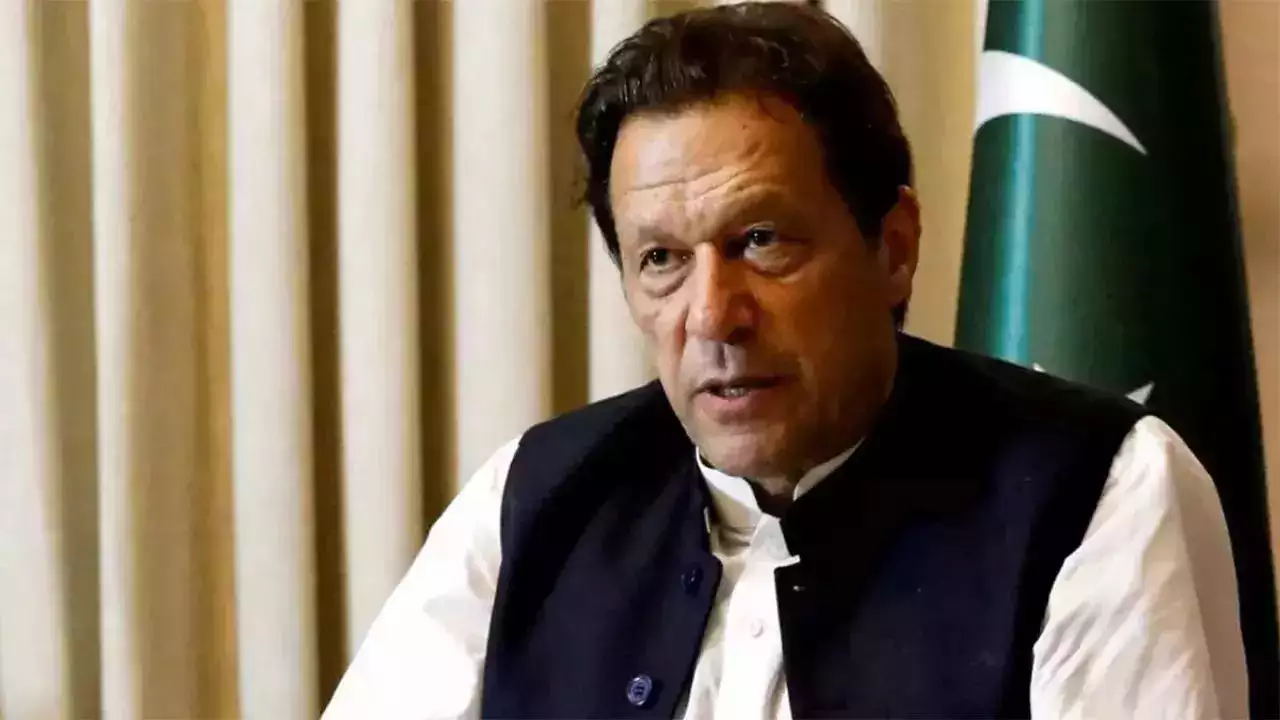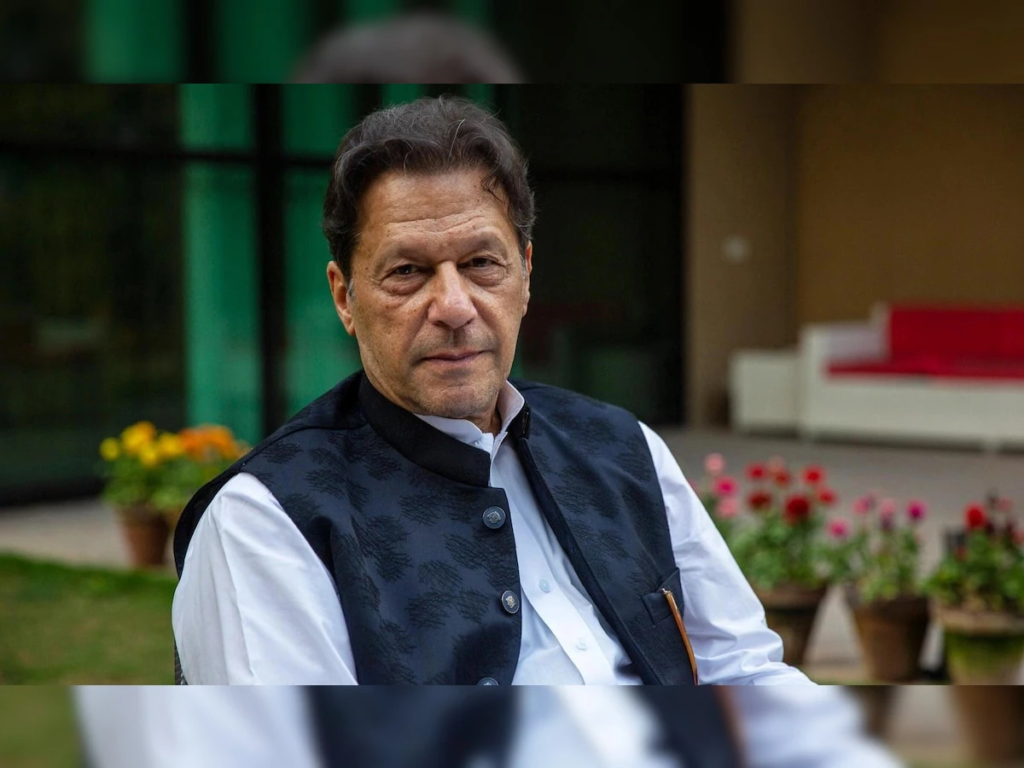The political landscape in Pakistan is ablaze with controversy as Imran Khan’s Pakistan Tehreek-e-Insaf (PTI) prepares to take its battle to the highest legal authority in the country, the Supreme Court. The party’s decision comes in response to what it perceives as an unjust denial of reserved seats, a move that has reignited debates about electoral fairness and institutional integrity.
The reserved seats in question are allocated to political parties based on their performance in the general elections. These seats ensure representation for marginalized groups, including women and minorities, in the National Assembly. However, PTI claims that it has been unfairly denied its rightful share of these seats, sparking outrage among party members and supporters.
The PTI’s decision to escalate the matter to the Supreme Court underscores its commitment to upholding the principles of democracy and fairness in the electoral process. By seeking legal recourse, the party aims to challenge what it views as a miscarriage of justice and hold accountable those responsible for the alleged injustice.

Source: Times of India
The denial of reserved seats to PTI has raised concerns about the impartiality of the electoral authorities and the integrity of the electoral process. Critics argue that such actions undermine the democratic ideals enshrined in Pakistan’s constitution and erode public trust in the electoral system.
SOURCE:- NEWS 18
Furthermore, PTI’s decision to approach the Supreme Court reflects a broader trend of judicial activism in Pakistani politics. In recent years, the judiciary has played an increasingly prominent role in adjudicating political disputes and safeguarding democratic norms, often serving as a check on executive power and legislative overreach.
However, the PTI’s move also carries risks, as it could be perceived as an attempt to politicize the judiciary and undermine its independence. Critics warn that involving the Supreme Court in partisan disputes could set a dangerous precedent and undermine the credibility of the judiciary as an impartial arbiter of justice.
Despite these concerns, PTI remains steadfast in its pursuit of legal redress, viewing the Supreme Court as the ultimate guardian of justice and fairness in the country. The party’s decision to challenge the denial of reserved seats reflects its commitment to upholding democratic principles and ensuring equitable representation for all segments of society.
As the PTI gears up for its legal battle in the Supreme Court, the outcome of this case is likely to have far-reaching implications for Pakistan’s political landscape. It will not only test the resilience of the country’s democratic institutions but also shape the future trajectory of electoral politics in Pakistan.
Share your views in the comments

